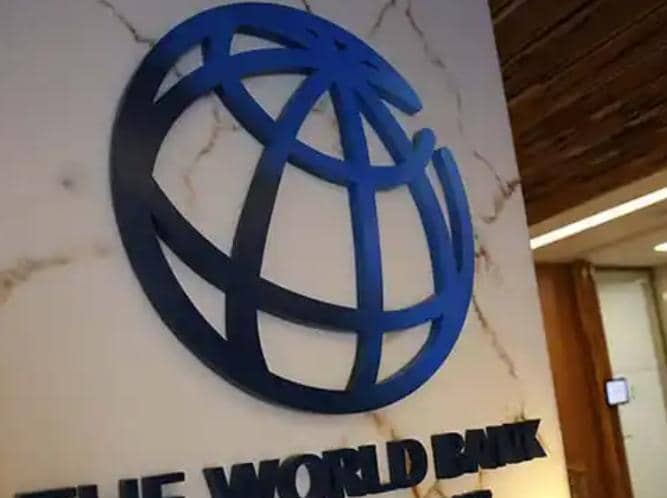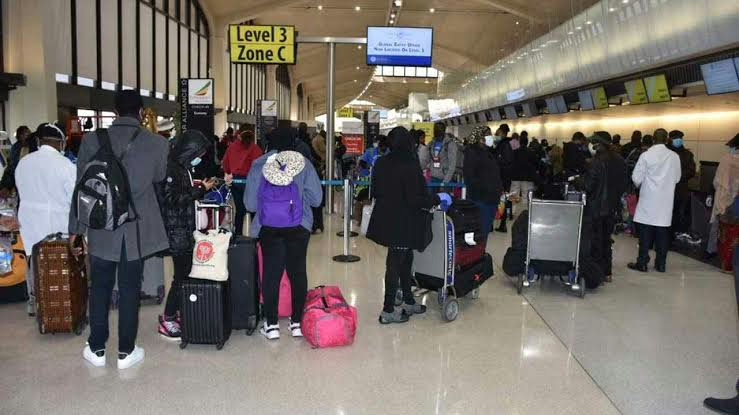Nigeria and other developing countries have spent about $441bn on debt-serving in the past 40 years, according to a new World Bank report.
The World Bank report also disclosed that Nigeria received $2.9b and topped the recipients of its fresh loans in 2022.
According to its International Debt Report for 2023, Nigeria was followed by Tanzania, which got $2.7bn in the same year.
The report, obtained by our correspondent on Thursday, read in part, “Nigeria and Tanzania were the top recipients of new financing from the World Bank in 2022, at US$2.9bn and US$2.7 billion, respectively.”
The external debt stock report of the Debt Management Office showed that Nigeria owed the World Bank $14.51bn as of June 30, 2023.
In a statement announcing the latest publication, the World Bank warned that the poorest countries were at risk of debt crises due to the surge in global interest rates.
The Washington-based global lender said, “Amid the biggest surge in global interest rates in four decades, developing countries spent a record $443.5bn to service their external public and publicly guaranteed debt in 2022.”
It added that the rise in borrowing costs had diverted scarce resources away from critical needs such as education, health, and the environment.
The statement read in part, “Debt-service payments which include principal and interest increased by five per cent over the previous year for all developing countries. The 75 countries eligible to borrow from the World Bank’s International Development Association which supports the poorest countries paid a record $88.9bn in debt-servicing costs in 2022.
“Over the past decade, interest payments by these countries have quadrupled, to an all-time high of $23.6bn in 2022. Overall debt-servicing costs for the 24 poorest countries are expected to balloon in 2023 and 2024 by as much as 39%, the report finds.”
The Bretton Woods Institution said that rising interest rates had made all developing nations more vulnerable to debt.
There have been more sovereign defaults in the last three years than in the entire preceding two decades, affecting ten developing nations. Approximately 60% of low-income nations are currently in or at high risk of entering debt distress.
The World Bank also noted the effect of a stronger US dollar on debt service payments for developing countries.
The report added, “The stronger US dollar is adding to their difficulties, making it even more expensive for countries to make payments. Under the circumstances, a further rise in interest rates or a sharp drop in export earnings could push them over the edge.
“As debt-servicing costs have climbed, new financing options for developing countries have dwindled.”
Speaking on the high interest rates, the World Bank Group’s Chief Economist and Senior Vice President, Indermit Gill, said, “Record debt levels and high interest rates have set many countries on a path to crisis. Every quarter that interest rates stay high results in more developing countries becoming distressed and facing the difficult choice of servicing their public debts or investing in public health, education, and infrastructure.
“The situation warrants quick and coordinated action by debtor governments, private and official creditors, and multilateral financial institutions more transparency, better debt sustainability tools, and swifter restructuring arrangements. The alternative is another lost decade.’’












Leave a Reply